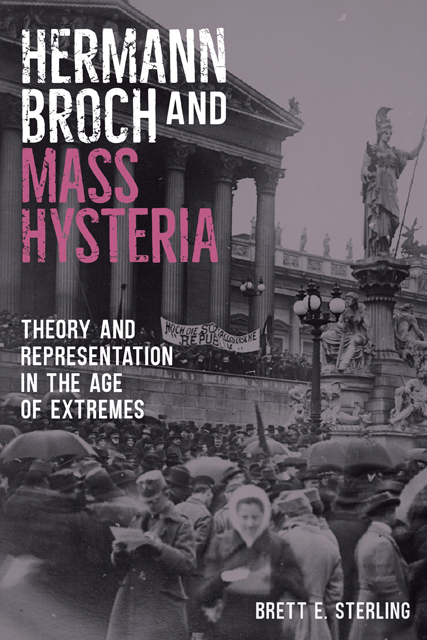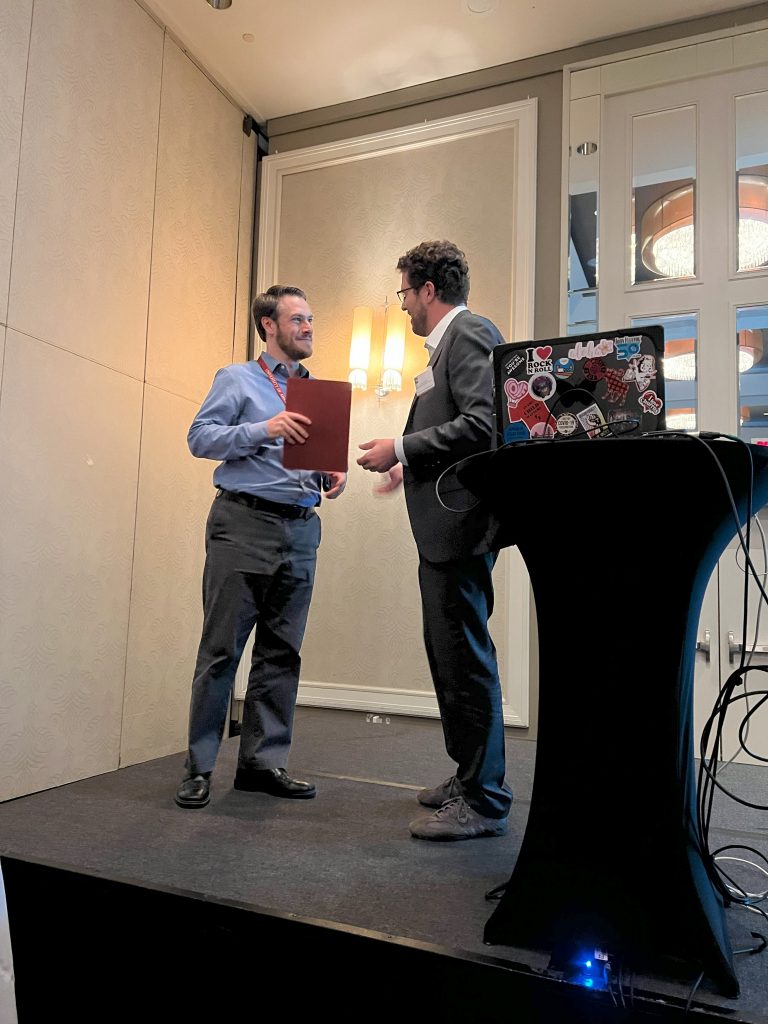This prize, namend after the distinguished historian Radomír Luža, was initiated 2012 by by the American Friends of the Documentation Center of Austrian Resistance and Center Austria: the Austrian Marshall Plan Center for European Studies of the University of New Orleans. After a startup financing by the University of New Orleans, a subsidy given by the Austrian Future Funds secured the awarding of an annual prize of $1,000 for several years. Since 2020 this prize has been hosted by the German Studies Association.
The prize is named after Radomír Luža, who was professor for European and German history at Tulane University, New Orleans, for more than 25 years. He had published the first academic studies about Nazi persecution and resistance in Austria: “Austro-German Relations in the Anschluss Era” (1975) and “The resistance in Austria, 1938-1945” (1984).

The awarding ceremony is part of the annual conferences of the German Studies Association. It is one of the prizes awarded during the banquet of the organization which took place this year on 6 October at Le Centre Sheraton Montreal.
This year’s prize was awarded to Brett E. Sterling for his book “Hermann Broch and Mass Hysteria. Theory and Representation in the Age of Extremes”.
In his laudatory speech Andreas Kranebitter, director of the DÖW, quoted from the motivation of the Luza Prize Committee of the American Friends of the Documentation Center of Austrian Resistance:
‘Brett E. Sterling’s book is an innovative volume on the work of Austrian writer Hermann Broch (born 1886 in Vienna, died 1951 in New Haven, CT). His analysis convincingly contextualizes Broch’s forgotten manuscript not only within the author’s oeuvre as a whole, but also within the sociological literature on “the mass”. Noteworthy as well is the book’s scholarly accuracy. By including the writings of Gustave Le Bon, Theodor Geiger, Sigmund Freud, and others in his analysis, Sterling also exposes the scope and the limits of Broch’s innovativeness. He also attempts, albeit cautiously, to update Broch’s analyses for the Trump phenomenon. The work, also due to its stylistic brilliance, was unanimously rated as absolutely worthy of distinction by the reviewers and the Prize Committee.’

